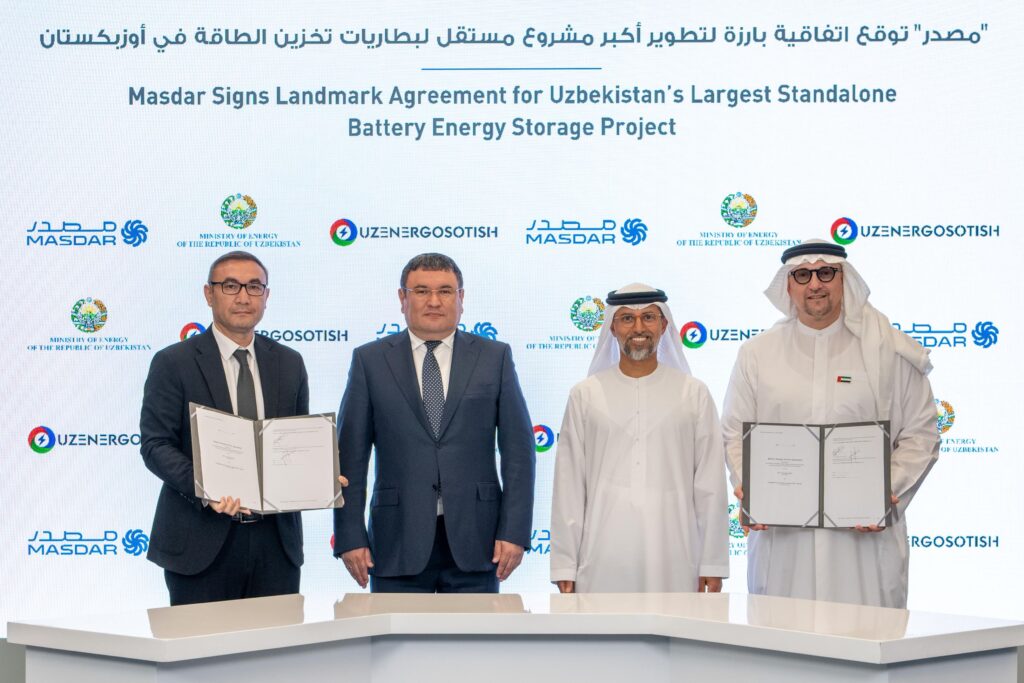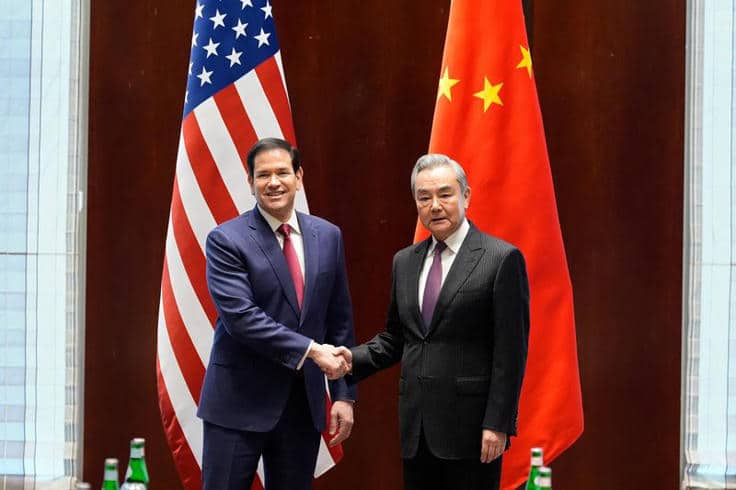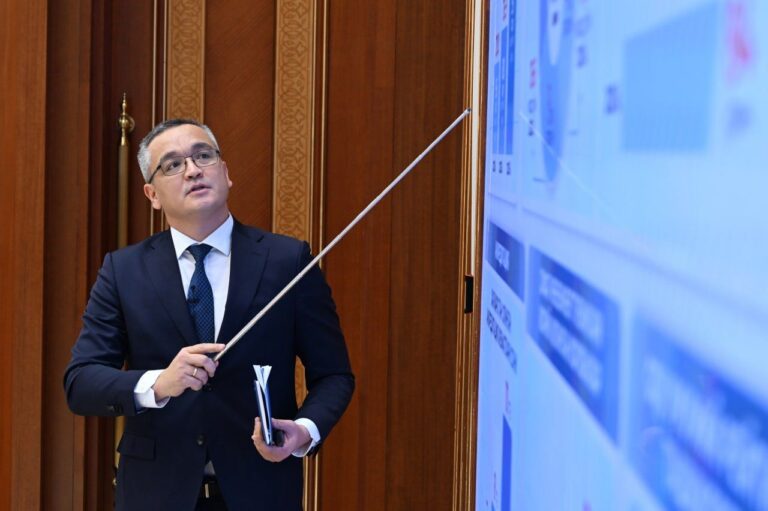
Abu Dhabi Future Energy Company (Masdar) has signed an agreement with Uzbekistan’s state-owned JSC Uzenergosotish to develop the country’s largest standalone battery energy storage system (BESS), according to the Emirates News Agency (WAM).
Agreement Overview
The Zarafshan BESS marks the first stage of Uzbekistan’s national battery storage initiative, which will later expand in a second phase. It follows Masdar’s December 2023 agreement with Uzbekistan’s Ministry of Energy and the Ministry of Investments, Industry and Trade to install up to 575 megawatts (MW) or 1.15 gigawatt-hours (GWh) of battery storage capacity nationwide.
The first phase will have the capacity to store up to 300MW or 600MWh of electricity, enough to power around 1.3 mln homes for two hours. It will be connected to the Murunau Substation and is scheduled to begin operations in the third quarter of 2028.
Once completed, the Zarafshan BESS will enhance grid reliability and flexibility across Uzbekistan, supporting the country’s goal to generate 54% of its electricity from renewable sources by 2030 and advancing its broader net-zero ambitions.
The agreement was signed by Masdar CEO Mohamed Jameel Al Ramahi and JSC Uzenergosotish chairman Jahongir Obidjonov, in the presence of UAE Minister of Energy and Infrastructure Suhail Al Mazrouei and Uzbekistan’s Minister of Energy Jurabek Mirzamahmudov.
Al Mazrouei said: «The Zarafshan Battery Energy Storage System will play a vital role in strengthening Uzbekistan’s grid resilience and expanding renewable energy integration, an ambition that aligns with the UAE’s own vision for a sustainable and diversified energy future.»
Kursiv also reports that China’s JA Solar has signed a supply agreement with engineering and construction giant Larsen & Toubro (L&T) to deliver 1.2GW of photovoltaic modules for two large-scale solar projects in Uzbekistan’s Samarkand region.













